Description
COM2602 Assignment 1 Semester 2 2024 | Due August 2024. All questions answered with page number references.
QUESTION 1
COMMUNICATION IN THE ORGANISATION
1.1 There is a debate between communicators in the field of organisational communication regarding the role of communication. Some commentators view communication as a tactical activity in the organisation, manifested in such practices as public relations or advertising. On the other hand, other communicators argue that, in fact, communication has a strategic role in the organisation.
Taking this scenario into consideration:
1.1.1 Discuss the concept of strategy and its extensions. (15)
1.1.2 Explain whether communication has a strategic role or not. (10)
[25]
QUESTION 2
THE RATIONALE FOR INTEGRATING ORGANISATIONS’ COMMUNICATION
2.1 According to Angelopulo and Barker (2013: 41) communication integration “has its origins in marketing communication and has expanded to include a full range of organisational communication fields”. In an effort to ensure maximum communication impact and message consistency, organisations across all sectors of the economy, are beginning to embrace communication integration. You are the head of marketing and communication at a multi-campus college for further education and training. The college’s communication campaigns have been characterised by message inconsistencies and lack of synergy. This is because the college has managed its communication efforts in an uncoordinated way, leaving it to individual managers to decide on how to communicate. To make matters worse, the top management of the college does not understand the concept “communication integration”, with special reference to its definition, historical development and alignment of messages from various sources.
As the head of marketing and communication at the college, you should do the following:
2.1.1 Define communication integration. (5)
2.1.2 Trace the historical development of communication integration. (15)
2.1.3 Discuss the alignment of messages from all sources. (10)
[30]
QUESTION 3
COMMUNICATION INTEGRATION PROCESSES
Continuing from the scenario in Question 2:
3.1 As the head of marketing and communication, you have noticed that the college’s communication campaigns have been characterised by message inconsistencies and a lack of synergy, and also that the communication efforts of the college have been managed in an uncoordinated way.
To help the communication managers understand the negative impact of the college’s communication efforts, explain the operational process drivers for making integration a strategic imperative, as suggested by Duncan and Moriarty (1997). (12)
3.2 Discuss, with examples based on the scenario, these pitfalls that can limit the success of an organisation’s communication and its integration:
3.2.1 The impact of unplanned communication. (7)
3.2.2 The time perspective of various types of communication. (8)
[25]
QUESTION 4:
INTEGRATED COMMUNICATION MEASUREMENT
4.1 Although it is true that there is a distinction to be made between the output and the outcomes of integration, this is in contrast to the view of Duncan and Moriarty (1997a), who believe that output refers to the results or effects of integrated marketing. With this statement as reference, and in not more than 100 words, differentiate between output of integrated communication and outcomes or effects of integration. [10]
TECHNICAL PRESENTATION [10]
TOTAL [100]


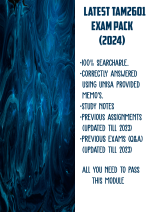

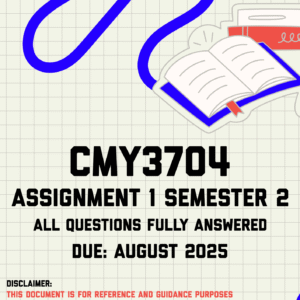






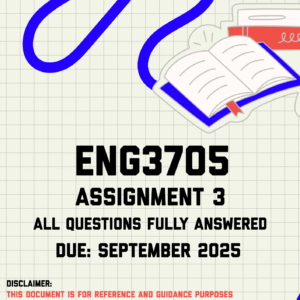
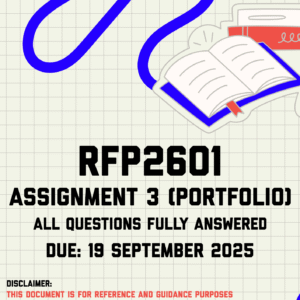



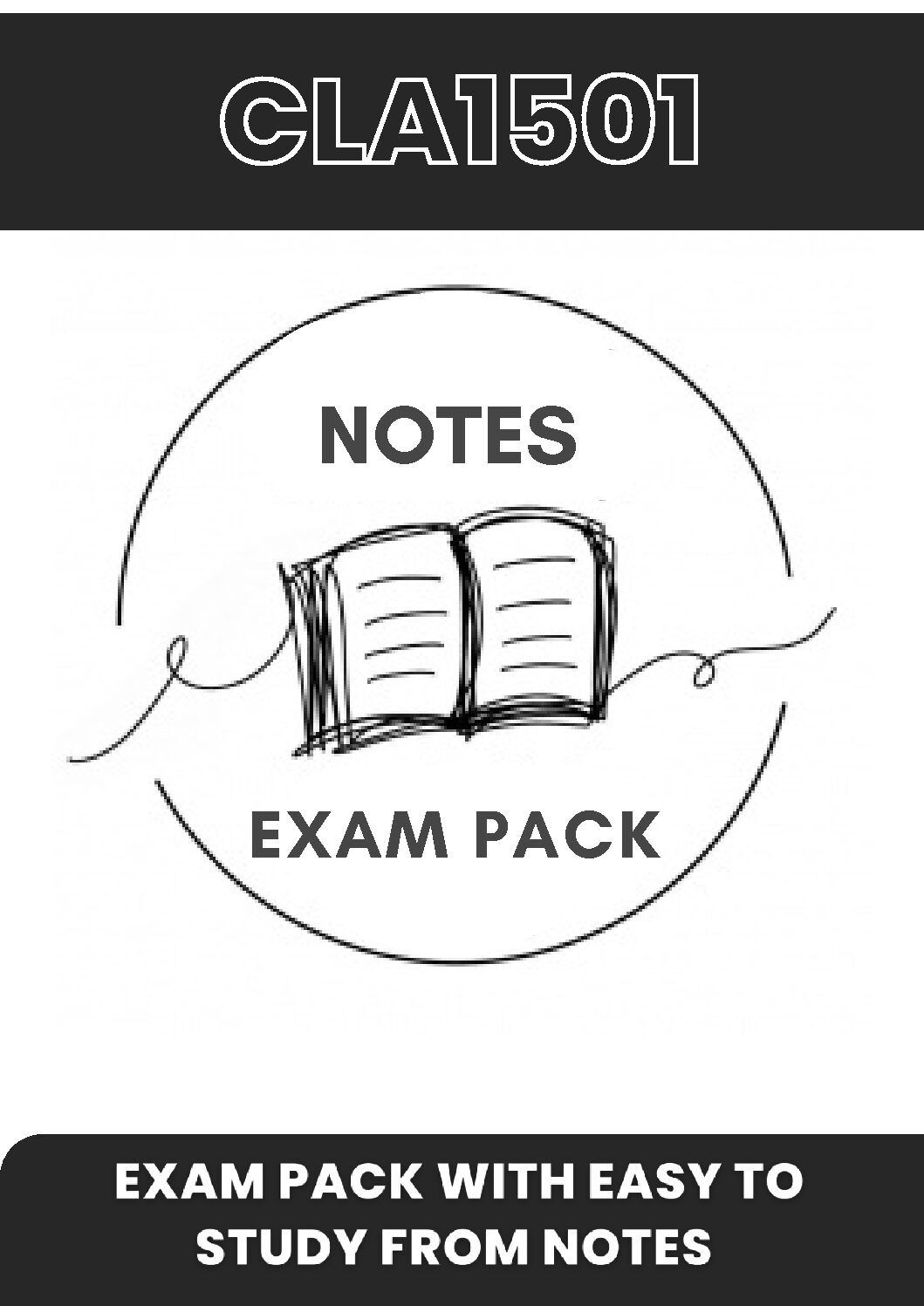

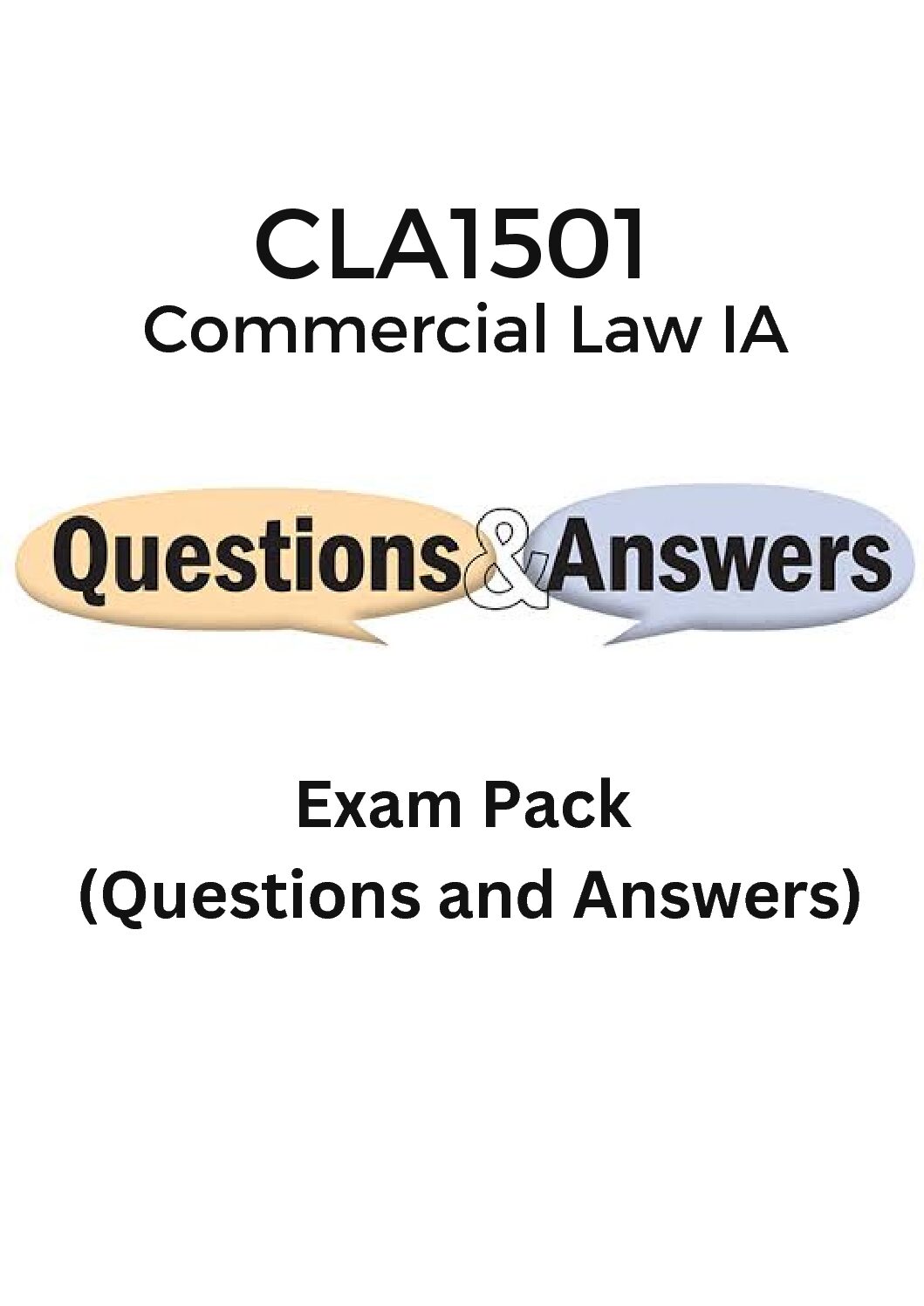

Reviews
There are no reviews yet.